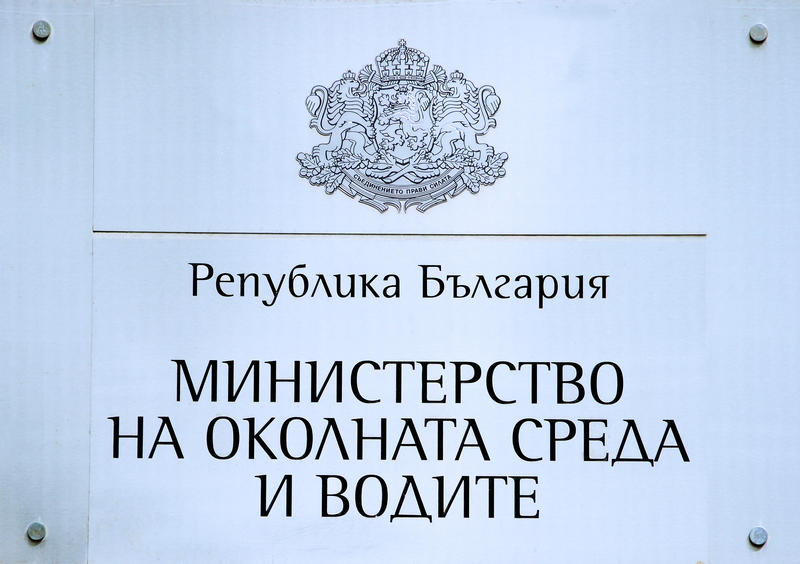The MOEW controls the implementation of the objectives of waste management excluding the price parameters
13 Jun, 2025 | 15:44Information disseminated in the media that waste recovery operators are about to increase the "product fee" for electrical and electronic equipment goods provokes expectations and insistence among the public that the Ministry of Environment and Water should react to this problem.
The Ministry of Environment and Water is not the institution that can take a position on pricing, since license fees are determined by each individual recovery organization depending on the necessary costs for the fulfillment of their legally defined obligations. Commercial relations between waste recovery organizations and their members are subject to private law, as are financial agreements between the individual parties.
According to legal requirements, manufacturers and persons who place products on the market, after the use of which mass-produced waste (MWW) is produced, assume financial responsibility for the management of waste from these products. Financial responsibility is fulfilled by payment by the obligated persons of a product fee to the Environmental Protection Agency. There is also an alternative - a legal possibility to fulfill these obligations through collective systems, represented by a recovery organization (RO), or individually, in which case the requirement to pay a product fee to the Environmental Protection Agency is waived. The legislation does not in any way limit the ability of the obligated party to decide on its own how to fulfill its commitments related to the care of "future" waste.
The commitment of the Ministry of Environment and Water is to implement maximum, systematic and effective control on the activities for the environmentally friendly implementation of the national targets by the obligated parties, regardless of the price parameters of the activities. Since 2012, there has been an explosive growth in the volumes of electrical and electronic equipment placed on the market, which leads to a drastic increase in the collection and recycling targets.
The suggestions of a "huge jump" in the prices of product fees, and hence of electrical appliances, are unfounded. It is impressive to state how “a 900% jump in the price of a product fee for electrical appliances is being set”, but the symbolic current amount of this fee is conveniently not mentioned. The amount of the product fee in our legislation has not been changed since 2008. Bulgarian “eco-taxes”, in fact license fees paid to recovery organizations to serve our national waste management goals, in the segment of electrical appliances, are the lowest compared to other European countries. They are up to ten times lower than the fees in Germany and Austria, as well as the fees in Romania.
The proposal for the state to reduce the tariffs of the Environmental Protection Agency for the product fee and thus achieve a short-term effect of “not raising” the fees of the operators is ill -founded. In essence, this would be an unlawful attempt, similat to a state intervention and subsidy for private businesses in the sector.
The suggestion that the increase in the burden of these “eco-taxes” will be directly shifted to the final price for the consumer is also inaccurate. This is an environmentally motivated addition to the price of the product, the purpose of which is to stimulate more environmentally friendly production and import, with a lower weight of the product, as well as the possibility that part of this increase in price will be at the expense of company profits.
The main mission of the Ministry of Environment and Water is to meet the national goals for the collection and recovery of end-of-life electrical and electronic equipment and thereby limit the disposal of household appliances in unregulated places. Whatever we produce and import and whatever the needs in everyday life and the business, at the beginning and at the end of these processes and standards there is invariably a financial commitment to deal with waste.
